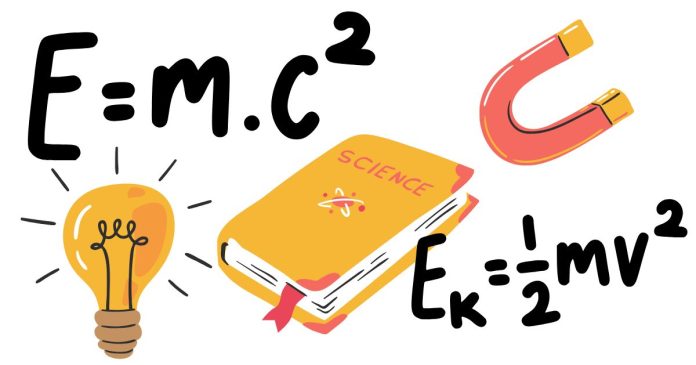In physics, the term singularity refers to a point in space-time where certain physical quantities—such as density, temperature, and gravitational force—become infinite or undefined. Singularities are associated with extreme conditions, where the laws of physics, as we currently understand them, break down. Singularities are often discussed in the context of black holes, but the concept also applies to other areas of theoretical physics, including cosmology and the study of the universe’s origins.
Types of Singularities
There are two main types of singularities in physics: gravitational singularities and cosmological singularities. Each type occurs under different circumstances, but both represent points where the mathematical models used to describe physical systems fail.
1. Gravitational Singularity (Black Hole Singularity)
The most famous singularity in physics is the gravitational singularity, which occurs at the center of a black hole. A black hole is a region in space where gravity is so strong that not even light can escape, creating a “hole” in space-time. At the very core of a black hole lies a point of infinite density and curvature called the singularity.
In a black hole singularity, the mass of the object is concentrated into an infinitely small point, leading to infinite gravitational forces. This results in a space-time curvature that is so extreme that current physical theories cannot fully explain the behavior of matter or energy within this region. The equations of general relativity, which describe gravitational interactions, fail to work when trying to understand conditions inside a singularity. As a result, the nature of the singularity itself remains one of the most profound mysteries in physics.
There are a few important features of black hole singularities:
- Event Horizon: The boundary of a black hole is called the event horizon. Once any object crosses this boundary, it cannot escape the gravitational pull of the black hole, and the object is inevitably pulled toward the singularity.
- Infinite Density: At the singularity, the density of matter becomes infinite, and the usual rules of physics break down.
- Time and Space Collapse: At the singularity, time and space collapse into each other, making it impossible to define distances or intervals in conventional ways.
The singularity at the center of a black hole is hidden behind the event horizon, which means that it cannot be directly observed. However, scientists believe that the singularity plays a crucial role in determining the behavior of black holes and understanding the fundamental nature of space-time.
2. Cosmological Singularity (The Big Bang Singularity)
Another type of singularity occurs in the Big Bang theory of cosmology. This singularity refers to the point in the early universe when it is believed that all of the mass and energy in the universe were concentrated in an infinitely small, hot, and dense state—referred to as the cosmological singularity or Big Bang singularity.
At this singularity, the density and temperature of the universe were thought to be infinitely high, and space-time itself was compressed into an infinitely small volume. From this initial singularity, the universe began to expand and evolve, eventually leading to the formation of galaxies, stars, and planets as we know them today.
Key features of the cosmological singularity include:
- Infinite Density and Temperature: Just like the black hole singularity, the Big Bang singularity represents a point of infinite density and temperature where the conventional laws of physics cannot be applied.
- Beginning of the Universe: The Big Bang singularity marks the moment at which space-time, energy, and matter came into existence, though our understanding of this moment is limited by the breakdown of physics at that point.
- Cosmic Evolution: After the singularity, the universe began expanding rapidly in a process called cosmic inflation, leading to the observable universe we have today.
The Big Bang singularity represents the “beginning” of the universe, and it has sparked many debates in cosmology and theoretical physics. However, much like black hole singularities, the precise nature of the singularity at the origin of the universe remains a mystery.
Theoretical Implications and Challenges
Singularities represent a profound challenge for physicists because they point to the limits of our understanding of the universe. The extreme conditions at a singularity suggest that the fundamental laws of physics, especially general relativity and quantum mechanics, are incomplete or incompatible when applied to such extreme environments.
- General Relativity and Quantum Mechanics: General relativity, which governs the behavior of large objects like stars and planets, predicts the existence of singularities at the centers of black holes and during the Big Bang. However, quantum mechanics, which describes the behavior of very small particles, does not fully explain what happens in these extreme environments.
- The Need for a Theory of Quantum Gravity: The presence of singularities in both black holes and the early universe suggests that a unified theory combining general relativity and quantum mechanics is necessary—this is the quest for quantum gravity. Such a theory would provide a better understanding of the behavior of space-time at the smallest and most extreme scales.
- Resolution of Singularity: Some theories in physics, such as string theory or the loop quantum gravity theory, attempt to resolve the problem of singularities. These theories aim to provide a more comprehensive framework in which the infinite density and curvature of a singularity might be avoided or better understood.


